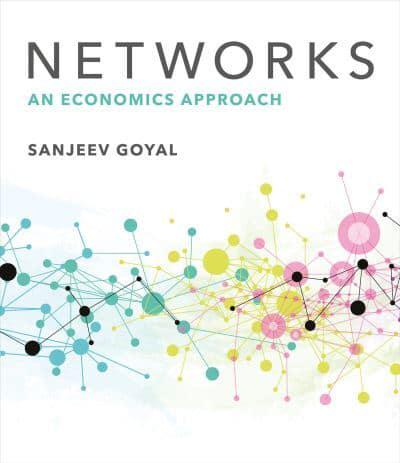Publisher's Synopsis
An accessible and comprehensive overview of the economic theory and the realities of networks written by a pioneering economics researcher.
Networks are everywhere: the infrastructure that brings water into our homes, the social networks made up of our friends and families, the supply chains connecting cities, people, and goods. These interconnections contain economic trade-offs: for example, should an airline operate direct flights between cities or route all its flights through a hub? Viewing networks through an economics lens, this textbook considers the costs and benefits that govern their formation and functioning.
Networks are central to an understanding of the production, consumption, and information that lie at the heart of economic activity. Sanjeev Goyal provides advanced undergraduate and graduate students with an accessible and comprehensive introduction to the economics research on networks of the past twenty-five years. Each chapter introduces a theoretical model illustrated with the help of case studies and formal proofs. After introducing the theoretical concepts, Goyal examines economic networks, including infrastructure, security, market power, and financial networks. He then covers social networks, with chapters on coordinating activity, communication and learning, information networks, epidemics, and impersonal markets. Finally, Goyal locates social and economic networks in a broader context covering networked markets, economic development, trust, and group networks in their relation to markets and the state.
- First textbook to provide a broad and comprehensive overview of twenty-first-century economic theory of networks
- Features engaging case studies and accessible exercises
- Written by a pioneering economics researcher











